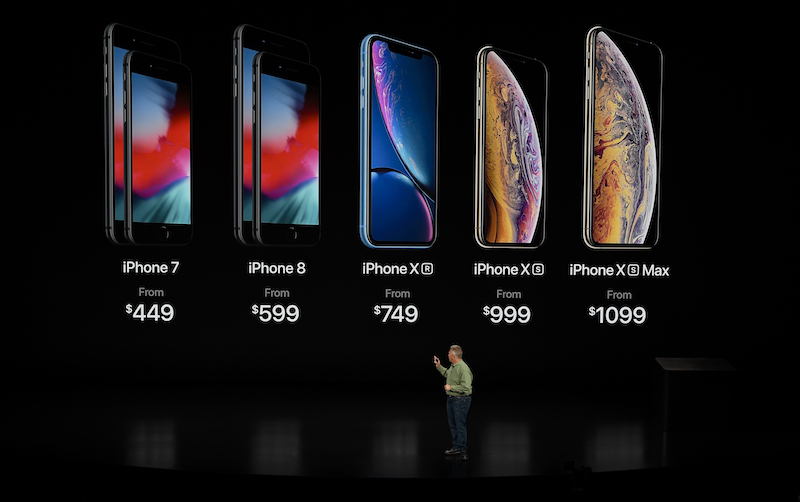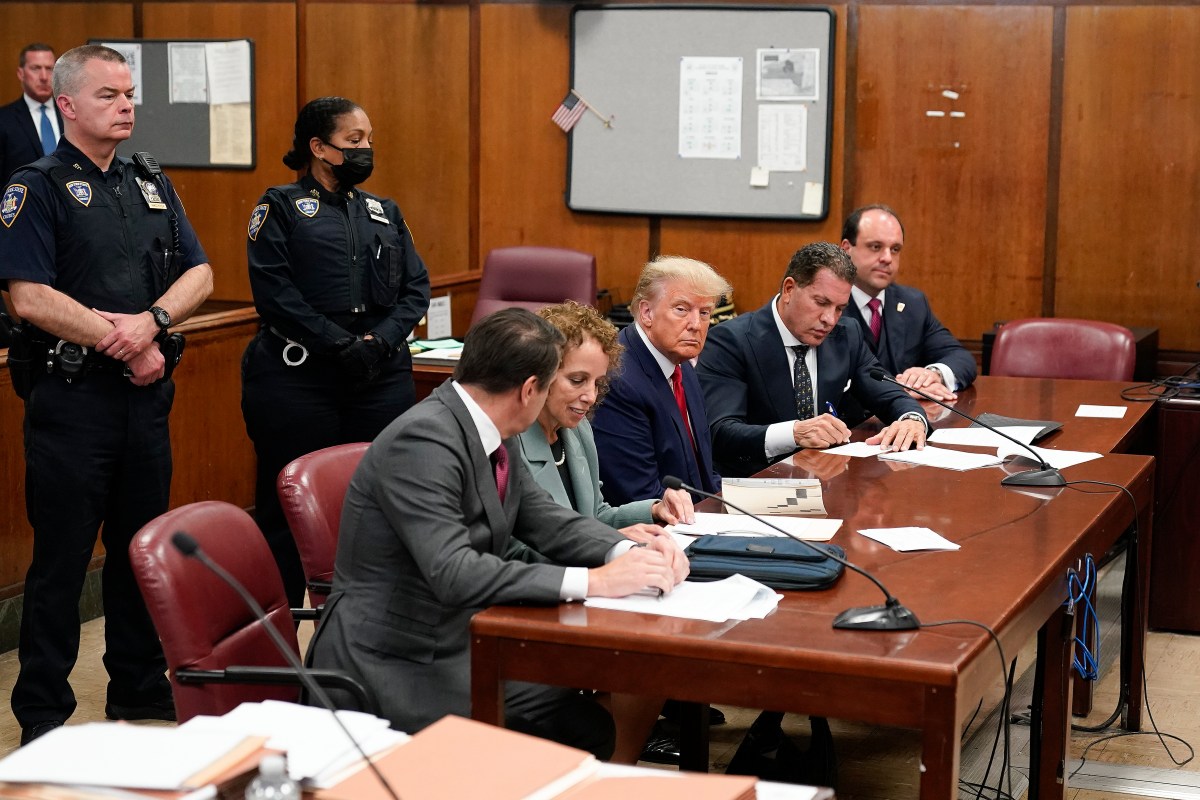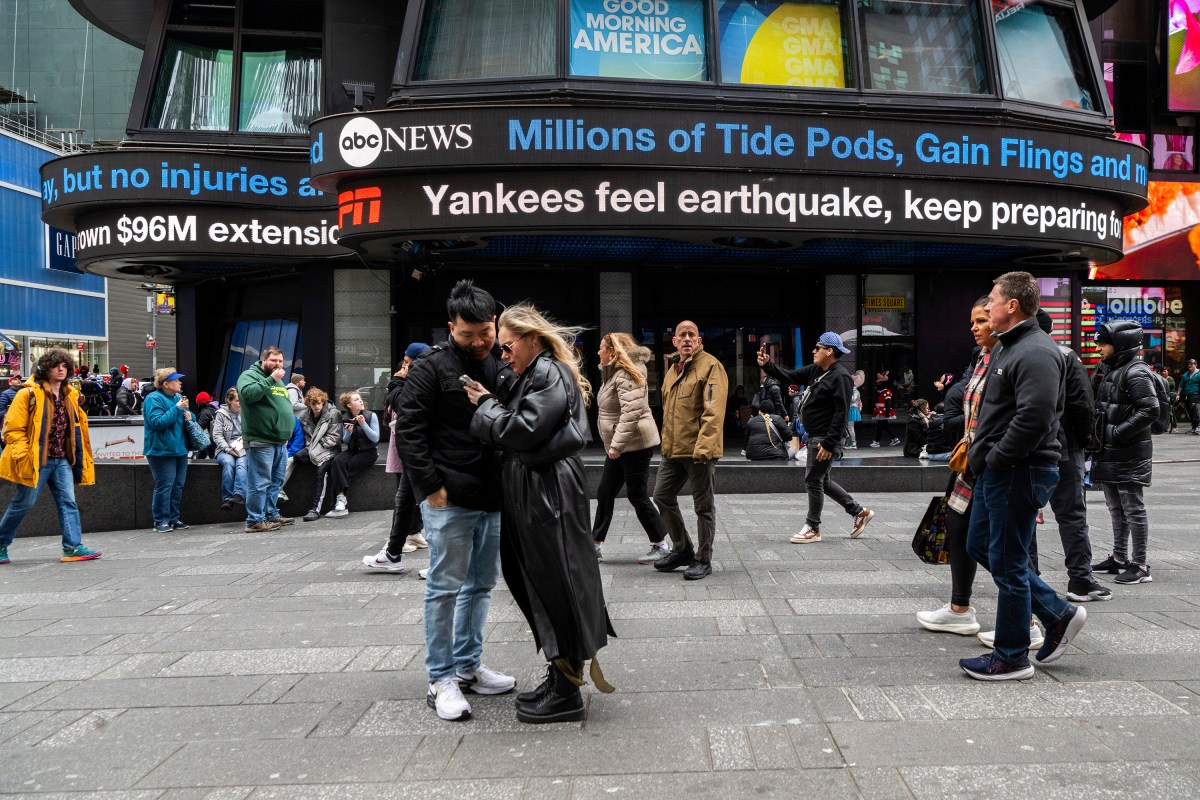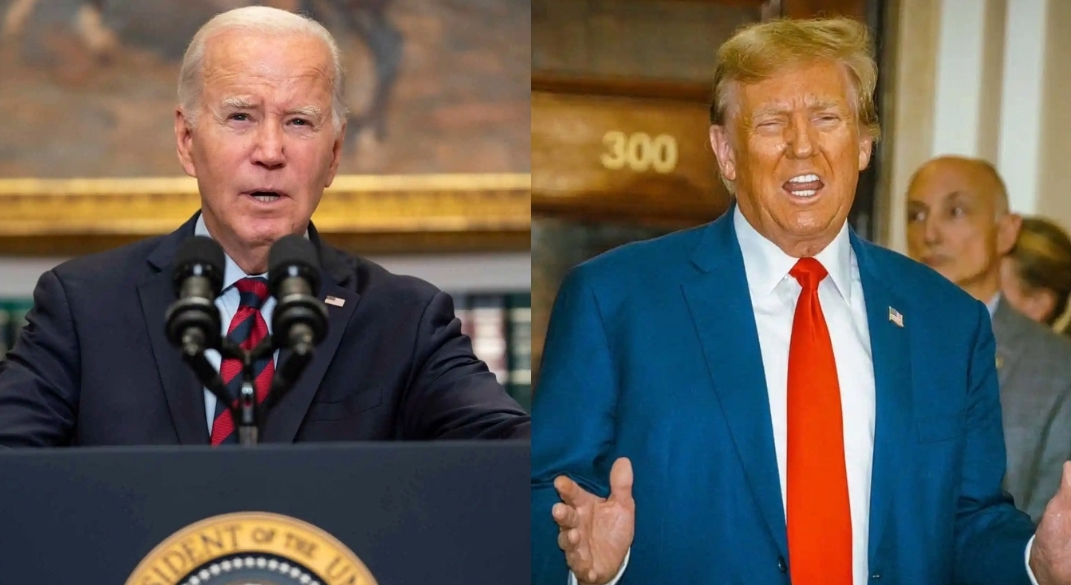President Trump has threatened to slap a 10 percent tariff on iPhones unless they’re made in the U.S., which could raise consumer prices much more than that, experts say.
Apple’s flagship product is manufactured in China. Trump wants the iPhone made domestically, a massive supply-chain realignment that Apple executives and economists say is not practical. On Monday, Trump told the Wall Street Journal that he expected to extend his tariffs on Chinese imports to more Apple products, if upcoming G20 talks with President Xi Jinping don’t go well.
“I can make it 10 percent and people could stand that very easily,” Trump said of the price hikes consumers would see on iPhones, Macs, and iPads.
At Trump’s direction, the U.S. is set to raise its tariffs on Chinese goods from 10 to 25 percent on Jan. 1. That will affect the Apple Watch, the Apple Pencil, AirPods, the HomePod and the Mac Mini, Slate reports.
If G20 negotiations fall through, Trump has threatened to add a 10 or 25 percent tariff on Chinese imports that are not currently taxed, including iPhones.
But Trump’s proposed solution — switching to pricey American labor and production facilities — would add even more to the iPhone’s cost. “If they did make the smartphones in the US, it would add somewhere between 20 percent to 35 percent more to the final consumer prices of the phones sold to the public,” Tim Bajarin, president of Creative Solutions, told CNN Wednesday.
That means an iPhone XS could cost $350 more.
Apple says most of the research and development for the iPhone is done in the United States, where it directly employs 77,000 people and 2 million others via companies that create components for its products.
But the skilled labor force necessary for iPhone assembly doesn’t exist in the U.S., CEO Tim Cook has said. “The products we do require really advanced tooling. And the precision that you have to have in tooling and working with the materials that we do are state-of-the-art,” Cook told Fortune in 2017. “In the U.S. you could have a meeting of tooling engineers and I’m not sure we could fill the room. In China, you could fill multiple football fields.”
In May 2017, Cook said Apple would invest $1 billion to create advanced manufacturing jobs in the U.S.
Apple could get around any additional Trump tariffs by shifting the final assembly of iPhones to countries such as Taiwan, Vietnam or Malaysia.
The iPhone accounted for 59 percent of Apple’s revenue last quarter.



















